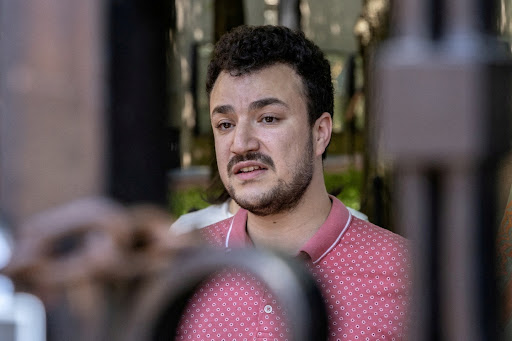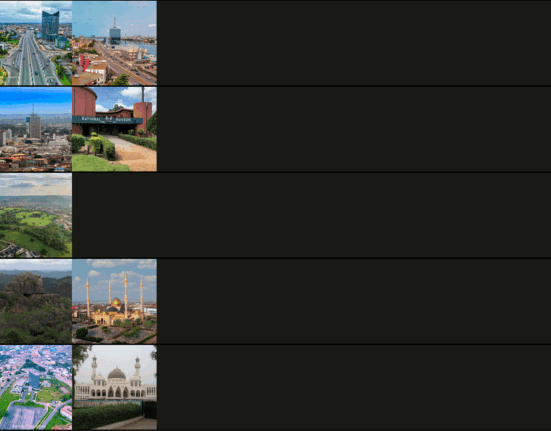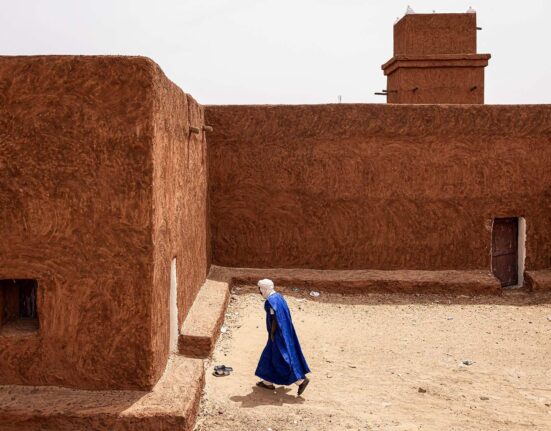A US judge recently made a significant ruling regarding the Trump administration’s attempt to deport Mahmoud Khalil, a Columbia University student and pro-Palestinian activist. This legal battle has captured attention due to its potential constitutional implications and the broader context of free speech and immigration policies in the United States.
The case revolves around Khalil’s arrest on March 8, which followed the revocation of his green card by the state department under a rarely used provision of US immigration law. This provision empowers the US secretary of state to initiate the deportation of any non-citizen whose presence is deemed contrary to American foreign policy interests. Judge Michael Farbiarz, presiding in Newark, New Jersey, indicated that he is inclined to view this provision as unconstitutional in Khalil’s specific case.
Farbiarz’s assessment that Khalil is likely to succeed in arguing the provision’s unconstitutionality represents a crucial legal victory for the activist and sets a precedent for similar cases in the future.
Khalil’s situation is emblematic of a broader crackdown on foreign students involved in pro-Palestinian activism following a series of protests on US college campuses. These demonstrations erupted in response to the 2023 attack by Hamas on Israel and the ensuing Israeli military actions. The arrest of Khalil, who hails from a Palestinian background and has roots in a Syrian refugee camp, underscores the complex intersection of international conflicts, individual rights, and governmental responses.
The detention of Khalil, amid allegations of retaliation for his outspoken views on Israel’s military actions, raises concerns about the protection of free speech and the potential misuse of immigration laws for political purposes.
Civil rights groups have been vocal in their criticism of the Trump administration’s handling of Khalil’s case, arguing that his arrest and detention violate fundamental constitutional protections. The legal challenges faced by Khalil echo similar struggles experienced by other foreign students, such as Mohsen Mahdawi from Columbia and Rumeysa Ozturk from Tufts University, who have also been targeted for deportation.
The judiciary’s intervention in these cases, including the release of Mahdawi and Ozturk from immigration detention, highlights the vital role of legal oversight in safeguarding individuals’ rights against government overreach.
As the legal saga surrounding Khalil unfolds, it illuminates the complexities of balancing national security interests, foreign policy considerations, and individual liberties in the realm of immigration law. The implications of this case extend beyond the fate of a single activist, touching on broader debates about the boundaries of executive power, the protection of dissenting voices, and the enforcement of immigration policies in a democratic society.
In a climate of heightened political tensions and global conflicts, Khalil’s story serves as a poignant reminder of the enduring struggle for justice, freedom of expression, and the rule of law. It prompts us to reflect on the values that underpin a democratic society and the responsibilities of both individuals and institutions in upholding those values in the face of adversity.
The legal battle over Khalil’s deportation represents a pivotal moment in the ongoing discourse on immigration, civil liberties, and governmental accountability, underscoring the importance of vigilance in defending the principles that form the foundation of a just and inclusive society.









Leave feedback about this